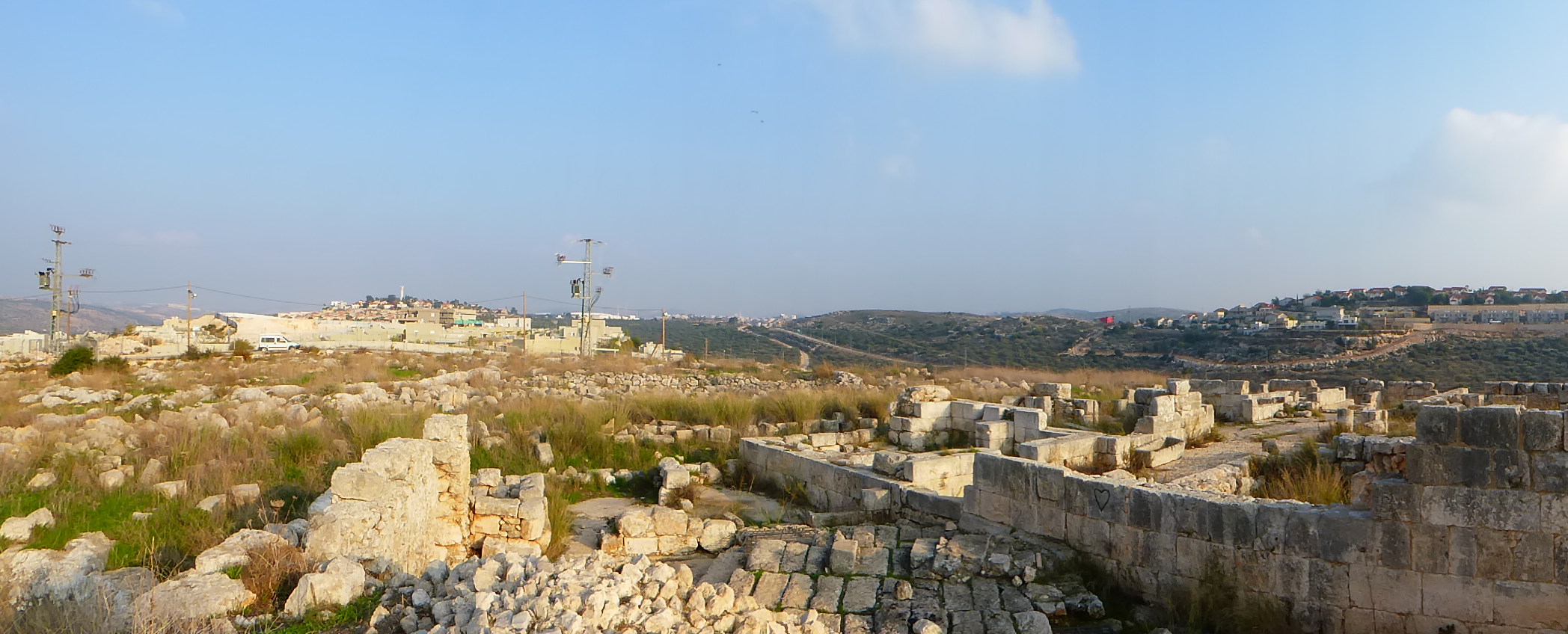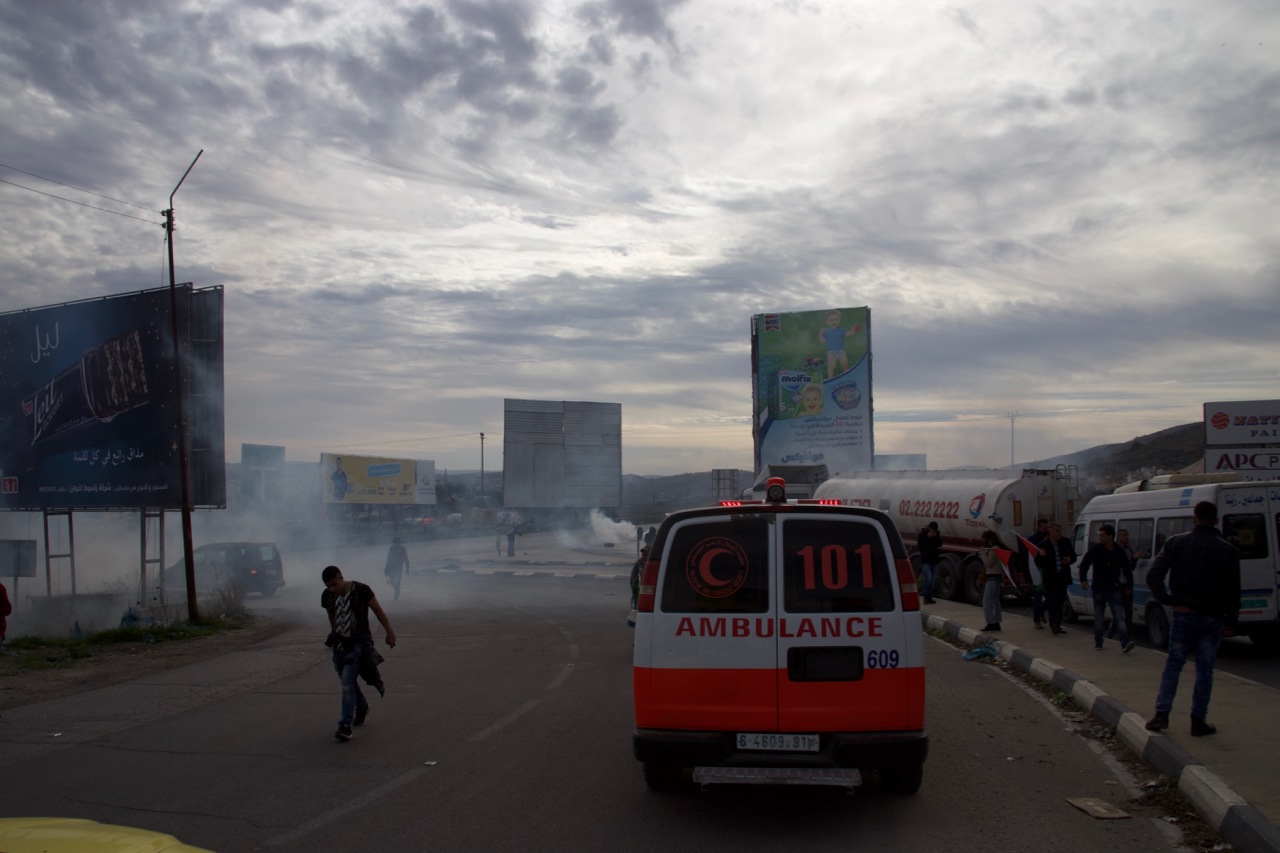Tag: Nablus
-
Protesters break through replica of Apartheid Wall in Bethlehem symbolic run
Protesters gather for symbolic marathon near Apartheid Wall in Bethlehem June 19 2019 | International Solidarity Movement | Bethlehem, occupied Palestine Hundreds of people gathered in cities across the Palestinian Territories and England on Sunday June 15, to participate in a symbolic marathon in honour of the international right to freedom of movement. The project, called…
-
Insidious colonial strategy
7th December 2018 | International Solidarity Movement, Nablus Team | Deir Samaan, Salfit, occupied Palestine In the area of Salfit, harassment by settlers is a regular occurrence. They come to the villages, often late at night, to graffiti messages of hatred, and also vandalize cars and property. New settlements are being established frequently and are…
-
Demonstrators in Nablus met with violence by the Israeli Occupation forces
Protestors marched from the city center of Nablus to the Huwwari Checkpoint only to be met with brute force by the Israeli Occupation Forces.


